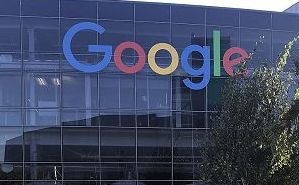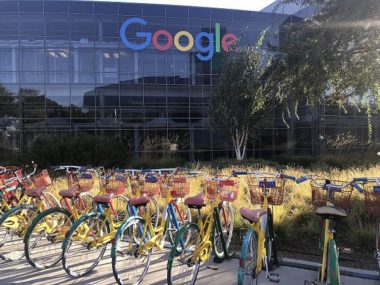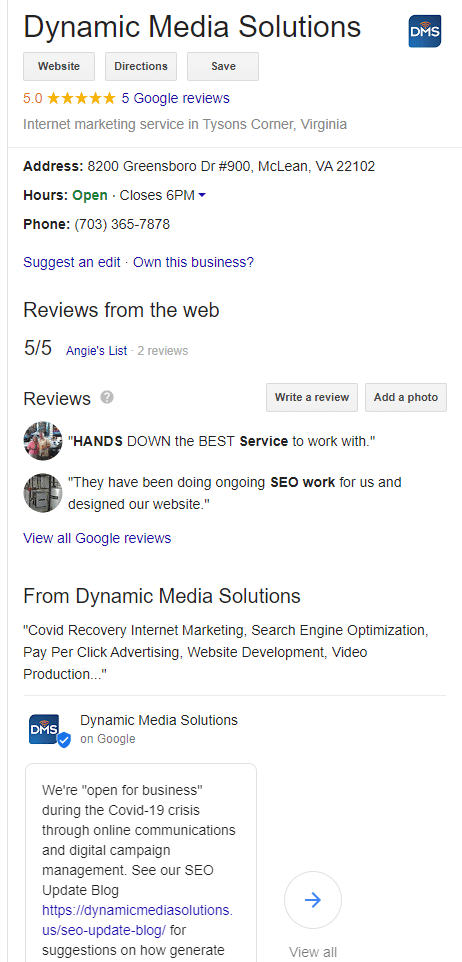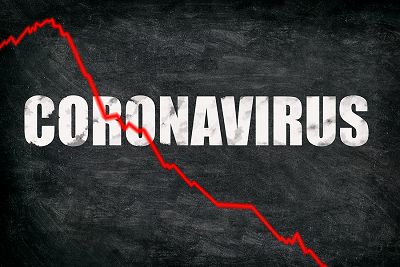Kelley Lott, president and founder of Dynamic Media Solutions, has been providing SEO and Internet marketing services to organizations located in the DC area since 1998. He is widely recognized as one of the nation’s foremost authorities on effective search marketing. If you find this blog useful, please leave a comment. Otherwise, we may conclude that maintaining the blog is not worth the ongoing effort.
The three major search engines — Google, Yahoo, and Bing — are all about trying to send their visitors to websites that offer positive experiences. Research has shown that over 80 percent of web surfers in 2017 indicate that they simply won’t revisit a website if it loads too slowly during their first visit.
Google has made it clear since 2010 that page load time is a major ranking factor in the algorithm that their search engine crawler Googlebot uses when evaluating each website for ranking purposes. Google accounts for more that 80% of searches made in Washington, DC, Northern Virginia, and Maryland as well as throughout most of the country. Interestingly, the Bing/Yahoo search engines have a slight edge in searches on the West Coast.
So, when pages take too much time to load it can cause Googlebot lower your search rankings, and motivate your target customers to bounce off your website.
Why Do Some Web Pages Load Slowly?
Unfortunately, there are many factors that can cause web pages to be slow loading. Identifying factors that are slowing down your website, and then correcting the problems can be complicated and require some programming expertise. That said, here are some of the factors that most commonly cause pages to load slowly and consequently rank poorly with Google and Yahoo/Bing.
- Large images are often data hogs. All site images should be resized to minimize their impact on page load times.
- Ads and tracking tools can wreak havoc in terms of data consumption and need to be minimized.
- Slow delivery by your web hosting service can slow down your page speed. Not all web hosts are created equal. Make sure yours is not dragging you down.
- Embedded media – Video and streaming media — are huge data hogs. While properly configured video can enhance your website’s search rankings, be sure video clips are short and properly optimized to restrict data usage
- Unnecessary or outdated apps and plugins can have a major impact on page loading speed. Adobe Flash and Java are examples of plugins that can dramatically reduce page load times.
- Themes for template sites (like WordPress, Wix, and Joomla) vary widely in terms of data usage. Open source platforms like WordPress are great in that anyone can produce themes but not all themes are created equal. Basically, the more complicated your theme (like animated elements), the greater decrease in page speed.
While identifying problem elements contributing to slow page loads is fairly easy, correcting the problems without compromising the design and layout of your website is a challenge that requires a deep knowledge of website programming languages, as well as an understanding of the current strategies for effective SEO (search ranking techniques). If you’d like a free evaluation of your site’s page loading issues, give us a call at 703.365.7878 or click here and submit an online request.
Thanks for taking the time to read our blog!


 What to do if your organic search rankings take a hit by the December 2020 core update. Needless to say, these core updates affect the ranking so some sites positively, and others negatively. If your website gets “hit” negatively by this core update, Google advises that there really are no specific actions to take to recover. Google goes on to explain that a decline in organic search rankings may not signal that there is anything wrong with your pages. You are not probably not being penalized; your content just doesn’t meet the requirements of the updated algorithm. Google has published a page with
What to do if your organic search rankings take a hit by the December 2020 core update. Needless to say, these core updates affect the ranking so some sites positively, and others negatively. If your website gets “hit” negatively by this core update, Google advises that there really are no specific actions to take to recover. Google goes on to explain that a decline in organic search rankings may not signal that there is anything wrong with your pages. You are not probably not being penalized; your content just doesn’t meet the requirements of the updated algorithm. Google has published a page with  When Google is asked what you should do if there is a decline in search rankings for a website after a core update, Google’s answer is always the same: “There is nothing to fix. There may be nothing wrong with pages that perform less well in a core update.” The obvious website owner follow-up to that answer is, “Well then, how can I revise my webpages to rank high all the time – even after core updates to the algorithm?”
When Google is asked what you should do if there is a decline in search rankings for a website after a core update, Google’s answer is always the same: “There is nothing to fix. There may be nothing wrong with pages that perform less well in a core update.” The obvious website owner follow-up to that answer is, “Well then, how can I revise my webpages to rank high all the time – even after core updates to the algorithm?” Just because your business is throttled back, doesn’t mean you should stop marketing your products and services. Here are some proven tactics that business owners are using to generate income during the Covid-19 economic crisis
Just because your business is throttled back, doesn’t mean you should stop marketing your products and services. Here are some proven tactics that business owners are using to generate income during the Covid-19 economic crisis Owners/managers anticipate reduced online budgets, but with campaign goals being the same or up. They indicated that their online marketing budgets are being impacted by the economic downturn. However, the majority of the survey respondents indicated that their budgets were only decreasing slightly or remaining the same. Only 20% were implementing large decreases in marketing, indicating the need to maintain a strong organic ranking position when the economy recovers.
Owners/managers anticipate reduced online budgets, but with campaign goals being the same or up. They indicated that their online marketing budgets are being impacted by the economic downturn. However, the majority of the survey respondents indicated that their budgets were only decreasing slightly or remaining the same. Only 20% were implementing large decreases in marketing, indicating the need to maintain a strong organic ranking position when the economy recovers.